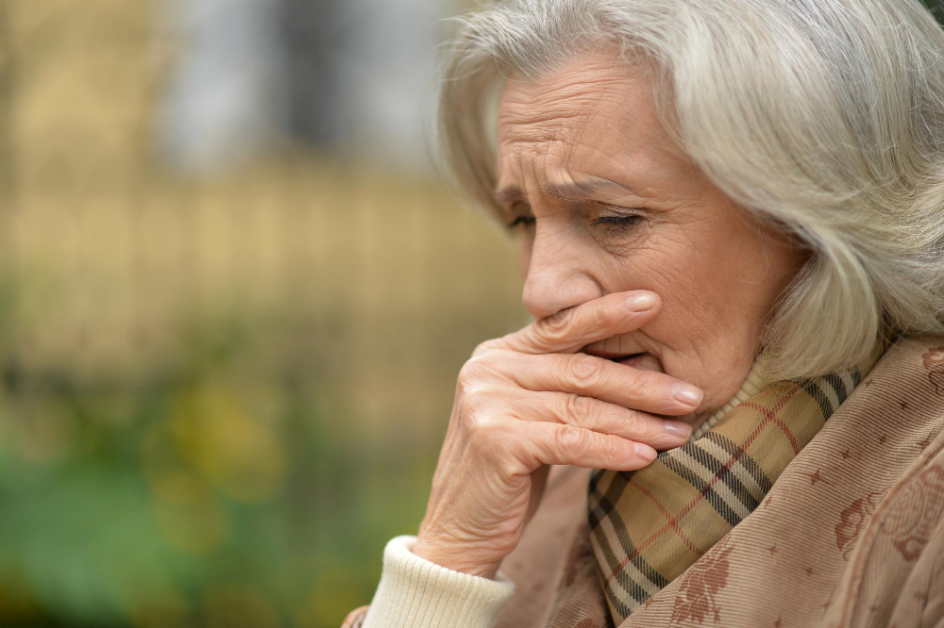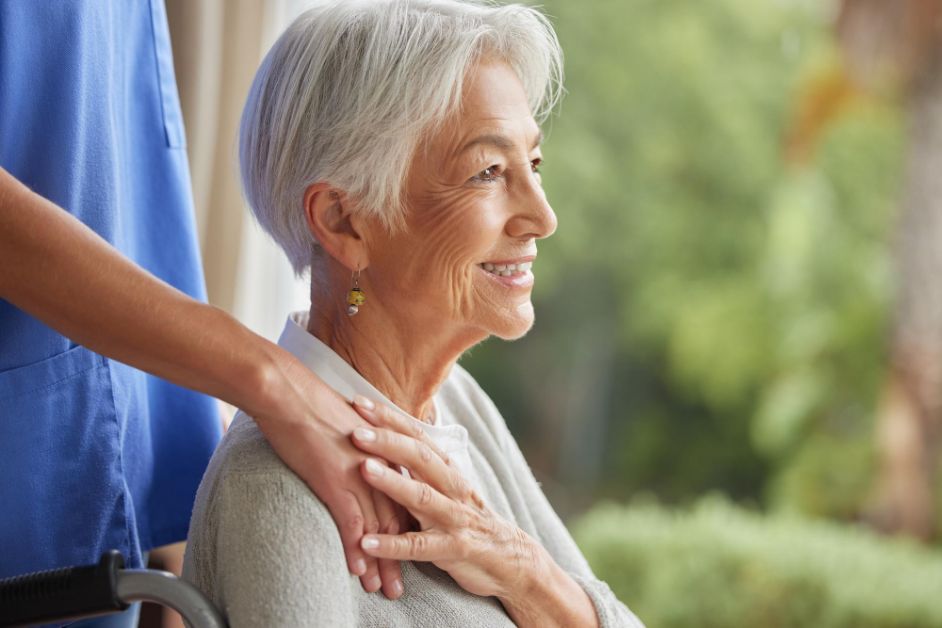If you are providing care for a loved one who has had a stroke, there are a few things you need to know to ensure their safety and well-being. First, it is essential to understand what a stroke is and how it can affect your loved one. A stroke occurs when the blood supply to the brain is interrupted, causing the death of brain cells. Stroke can lead to paralysis, difficulty speaking, and other problems.

The most important thing you can do for stroke patients is ensure they receive proper health care. Home care for stroke patients includes providing they take their medications as prescribed and get to their follow-up appointments.
In addition to health care, there are a few things you can do to help your loved one at home. For example, you can help them exercise, prepare healthy meals, and provide transportation to appointments. You can also offer emotional support by being a listening ear and giving encouragement.
Care plan for stroke: what to expect
The best way to care for a stroke patient is to ensure they get the best care possible. Stroke patients should be getting health care. They should also be getting plenty of rest and eating a healthy diet.
It is also essential to ensure that the patient gets plenty of exercises. Exercise is critical for stroke patients because it helps to improve their circulation and helps to prevent further damage to their brains.
When caring for a patient with a stroke, it is essential to be patient and understanding. It is also vital to ensure you get the best patient care.
How to deal with a stroke patient at home
If your loved one has suffered a stroke, you may be wondering how to best care for them at home. Here are a few tips from Lucky Dove Home Care to help you provide the best possible care for your stroke patient:
- Promote movement and activity:
It may be difficult for your loved one to move around after a stroke, but it is essential to encourage them to do so as much as possible. Caring for a stroke patient at home in Mt. Pleasant, SC, will help promote circulation and prevent further complications.
- Help with activities of daily living:
Many stroke patients need help with activities of daily living, such as bathing, dressing, and eating. Be patient and help your loved one as much as possible.
- Keep a close eye on their health:
Stroke patients risk developing complications such as pneumonia and blood clots. Watch for signs of these and other problems and seek medical help immediately if you notice anything out of the ordinary.
- Encourage communication:
Many stroke patients have difficulty communicating. Please help them by providing precise and concise instructions and being patient when expressing themselves.
- Help them stay socially active:
Stroke patients need to remain socially active and involved in their community. Please help them by arranging social activities and outings.
Following these tips can help your loved one recover from a stroke and live a whole and active life.

